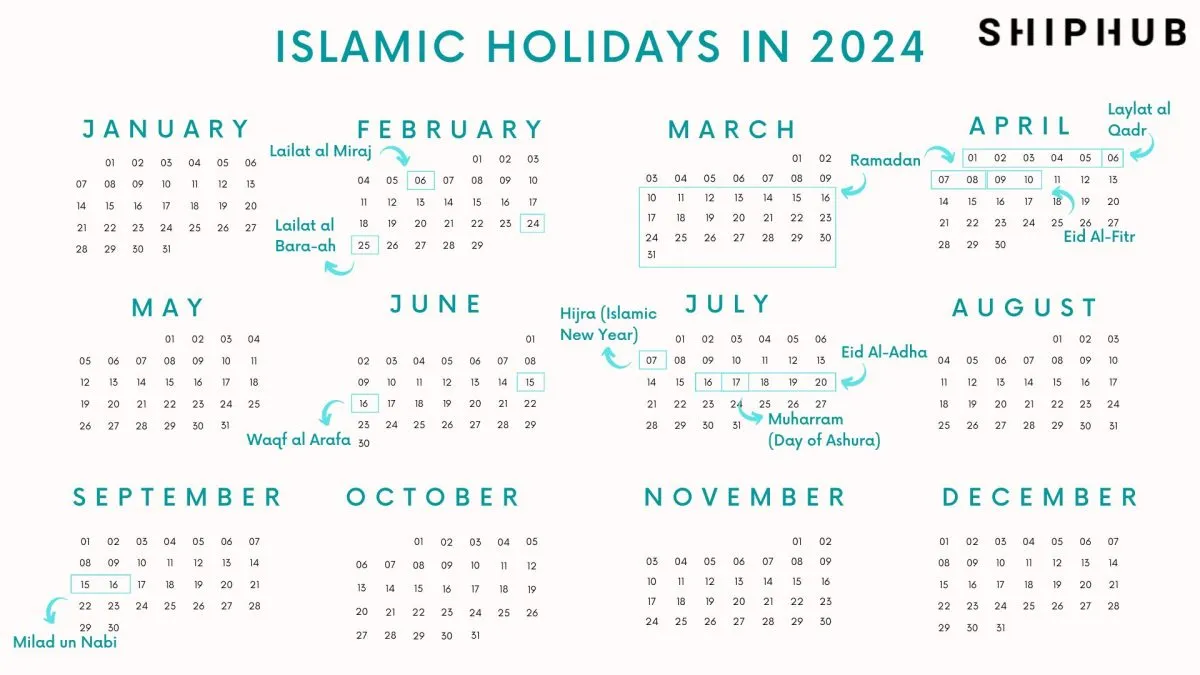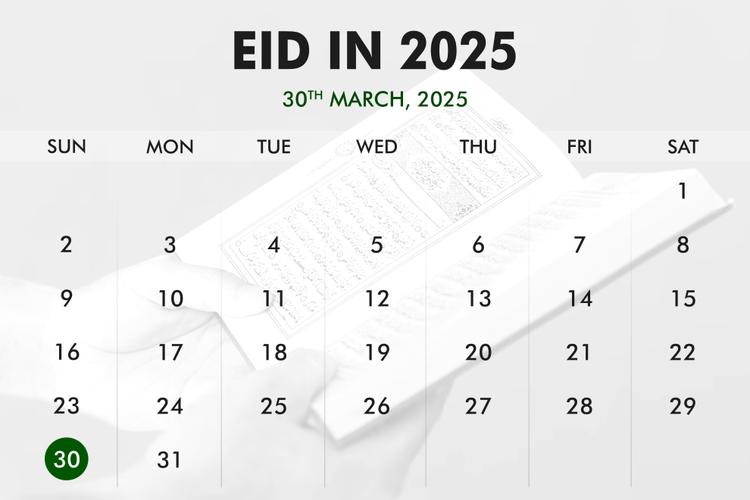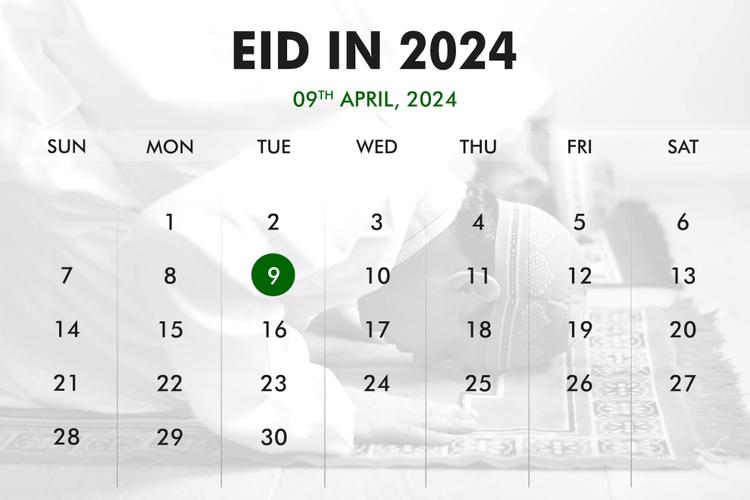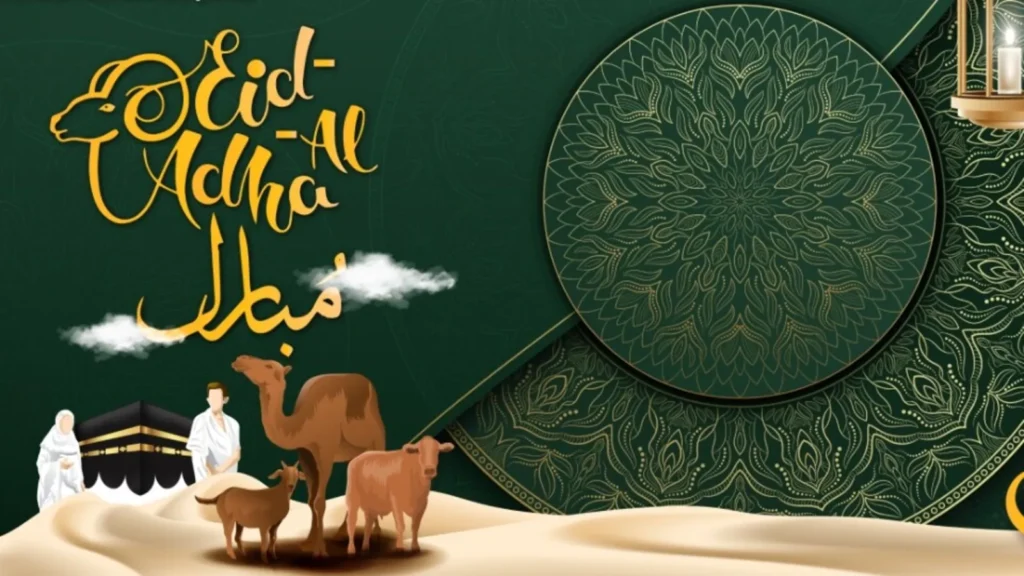
Introduction
Calendar 2026 Bakra Eid represents a significant subject within its field, encompassing a range of practices, traditions, and applications that shape daily life and broader cultural landscapes for millions globally. Understanding calendar 2026 Bakra Eid provides clarity about its background, its present relevance, and the way it continues to influence various aspects of society, from spiritual devotion to community solidarity. This article explores the multifaceted dimensions of this important Islamic festival, offering insights into its origins, its contemporary significance, and the ways in which it is observed.
Definition and Origin of Bakra Eid
Bakra Eid, widely known as Eid al-Adha (the Festival of Sacrifice), is one of the two major Islamic holidays celebrated worldwide each year. It commemorates the willingness of Ibrahim (Abraham) to sacrifice his son Ismail (Ishmael) as an act of obedience to God’s command. Before Ibrahim could carry out the sacrifice, God intervened, providing a ram to be sacrificed instead. This profound narrative underscores themes of faith, submission, and divine mercy. The festival also marks the culmination of the annual Hajj pilgrimage to Mecca, though it is celebrated by Muslims everywhere, regardless of their participation in the Hajj.
The timing of Eid al-Adha is determined by the Islamic lunar calendar. It falls on the 10th day of Dhu al-Hijjah, the twelfth and final month of the Islamic year. As the Islamic calendar is based on lunar cycles, its dates shift approximately 10-11 days earlier each Gregorian year. For calendar 2026 Bakra Eid, the estimated date is around Friday, June 26, 2026, though the precise day is subject to the sighting of the new moon. This astronomical observation, typically conducted by religious authorities, officially determines the start of Dhu al-Hijjah and subsequently, the date of the festival. The observance typically spans four days, allowing ample time for prayers, family gatherings, and charitable acts.
Importance of Bakra Eid Today
The importance of Bakra Eid extends far beyond its historical origins, resonating deeply within contemporary Muslim communities and influencing broader societal interactions. Spiritually, it serves as a powerful reminder of devotion, sacrifice, and trust in God. The act of Qurbani (ritual sacrifice) symbolizes the willingness to give up something beloved for the sake of divine pleasure, fostering humility and selflessness. It encourages introspection and a renewed commitment to one’s faith.
Socially, Bakra Eid is a cornerstone of community cohesion. It is a time when families unite, often traveling great distances to celebrate together. This strengthens familial bonds and reinforces intergenerational connections. The festival also promotes a strong sense of collective identity and solidarity among Muslims globally. Charitable giving, particularly the distribution of sacrificial meat to the less fortunate, underscores the Islamic principle of social justice and empathy, ensuring that even the most vulnerable members of society can partake in the celebrations. Economically, the festival stimulates local economies through increased demand for livestock, food, clothing, and gifts, providing a temporary boost to various sectors. Culturally, it preserves traditions, culinary practices, and social customs that have been passed down through generations, enriching the tapestry of global heritage.
Benefits of Bakra Eid
The observance of Bakra Eid yields numerous benefits, impacting individuals, families, and wider society.
- Spiritual Renewal and Growth: The festival provides an opportunity for profound spiritual reflection, encouraging believers to re-evaluate their commitment to their faith and to emulate the spirit of sacrifice and obedience exemplified by Prophet Ibrahim. It fosters a deeper connection with the divine and reinforces core Islamic values.
- Strengthening Family and Community Bonds: Eid al-Adha is a prime occasion for family reunions and community gatherings. It facilitates the strengthening of kinship ties, promotes social interaction, and fosters a sense of belonging and mutual support within the community.
- Promoting Generosity and Empathy: The practice of distributing sacrificial meat to the poor and needy is a powerful lesson in charity and compassion. It cultivates empathy, reminds individuals of their social responsibilities, and ensures that the joy of the festival is shared equitably across all socioeconomic strata.
- Cultural Preservation: The traditions associated with Bakra Eid, including specific prayers, greetings, festive meals, and attire, play a vital role in preserving cultural heritage. These practices are passed down through generations, maintaining a connection to historical and religious roots.
- Educational Value: For younger generations, the stories and rituals of Bakra Eid offer valuable lessons in history, ethics, and religious principles. It teaches them about the importance of faith, perseverance, and giving back to society.
- Interfaith Understanding: As a widely observed global festival, Bakra Eid offers opportunities for interfaith dialogue and understanding. Non-Muslims often gain insights into Islamic traditions and values, fostering greater respect and harmony among different communities.
Applications of Bakra Eid
The "applications" of Bakra Eid refer to the practical ways in which the festival is observed and integrated into daily life, reflecting its profound significance.
- Eid Prayer: The day begins with a special congregational prayer (Salat al-Eid) performed in mosques or open prayer grounds. This prayer is a central act of worship, signifying unity and devotion. Following the prayer, a sermon (khutbah) is delivered, reminding congregants of the festival’s meaning and lessons.
- Qurbani (Sacrifice): The most distinctive practice is the ritual sacrifice of an animal (typically a sheep, goat, cow, or camel). This act is performed after the Eid prayer and continues for up to three days. The meat from the sacrifice is traditionally divided into three parts: one-third for the family, one-third for relatives and friends, and one-third for the poor and needy. This distribution ensures that the blessings of the festival reach widely.
- Feasting and Celebration: Families prepare elaborate meals, often featuring dishes made from the sacrificial meat. These festive meals are shared with family, friends, and neighbors. Homes are decorated, and new clothes are often worn, symbolizing renewal and joy.
- Visiting and Socializing: A significant aspect of Bakra Eid is visiting family and friends. People travel to greet loved ones, exchange gifts, and share meals. This fosters social cohesion and strengthens community ties. Children often receive gifts and money (Eidi) from elders.
- Charity and Giving: Beyond the distribution of Qurbani meat, Muslims are encouraged to engage in other forms of charity during this time. This includes donating to various causes, helping the less fortunate, and extending goodwill to all.
- Hajj Connection: For those performing the Hajj pilgrimage, Eid al-Adha marks the completion of their sacred journey. The rituals of the Hajj, including the symbolic stoning of the devil, the circumambulation of the Kaaba, and the sacrifice, are performed during this period, connecting the global celebration to the spiritual heart of Islam.
Challenges and Future of Bakra Eid
While Bakra Eid is a time of immense joy and spiritual reflection, its observance in the modern world presents several challenges, alongside opportunities for adaptation and growth.
- Logistical Challenges for Qurbani: In increasingly urbanized societies, the logistics of performing animal sacrifice can be complex. Issues include finding suitable locations for sacrifice, ensuring humane treatment of animals, managing waste, and adhering to local health and environmental regulations. This has led to the rise of centralized slaughterhouses and online services that facilitate Qurbani on behalf of individuals, often in other countries where it is easier to manage.
- Ethical and Environmental Concerns: Growing awareness of animal welfare and environmental sustainability has prompted discussions within Muslim communities regarding the ethical sourcing of animals for sacrifice and the ecological footprint of the practice. Efforts are being made to promote sustainable practices and ensure that animals are raised and sacrificed humanely.
- Maintaining Traditional Practices in Modern Contexts: As societies evolve, there is a continuous challenge to balance traditional observances with contemporary lifestyles. For instance, the communal aspect of celebration might be diluted by geographical dispersion of families or the demands of modern work schedules.
- Ensuring Accessibility for All: Ensuring that the benefits of Bakra Eid, particularly the distribution of meat, reach all segments of society, especially the most vulnerable, requires organized efforts. Charitable organizations play a crucial role in this, but challenges remain in reaching remote areas or marginalized communities effectively.
- Future Adaptations: The future of Bakra Eid will likely see continued adaptation to global changes. Technology is already playing a role, with online platforms facilitating Qurbani, donations, and even virtual family gatherings. There is a growing emphasis on educational initiatives to deepen understanding of the festival’s spiritual meaning beyond its rituals. Interfaith engagement is also expected to grow, fostering greater mutual respect and understanding. The core values of sacrifice, charity, and community will undoubtedly remain central, guiding future observances.
FAQs about Bakra Eid
Q1: What is calendar 2026 Bakra Eid?
Calendar 2026 Bakra Eid, also known as Eid al-Adha or the Festival of Sacrifice, is a major Islamic holiday commemorating Prophet Ibrahim’s willingness to sacrifice his son as an act of obedience to God. It marks the culmination of the Hajj pilgrimage and is celebrated by Muslims worldwide. In 2026, it is estimated to fall around Friday, June 26, though the exact date depends on moon sighting.
Q2: Why is calendar 2026 Bakra Eid important?
This festival holds immense importance for several reasons. It symbolizes devotion, sacrifice, and submission to God, serving as a spiritual reminder for Muslims. It also fosters strong family and community bonds through gatherings and shared meals, and promotes charity and empathy through the distribution of sacrificial meat to the needy.
Q3: What are the main benefits of calendar 2026 Bakra Eid?
The main benefits include spiritual renewal and growth, strengthening of family and community ties, promotion of generosity and empathy through charitable acts, preservation of cultural heritage, and educational value for younger generations. It also offers opportunities for interfaith understanding and dialogue.
Q4: How can calendar 2026 Bakra Eid be applied in daily life?
Observances include performing the special Eid prayer, carrying out the Qurbani (animal sacrifice) and distributing its meat, feasting with family and friends, visiting loved ones, and engaging in various forms of charity. These practices integrate the festival’s values into daily routines, fostering gratitude and community spirit.
Q5: What challenges are associated with calendar 2026 Bakra Eid?
Challenges include logistical complexities for performing Qurbani in urban areas, ensuring ethical treatment of animals, managing environmental impact, and adapting traditional practices to modern lifestyles. There is also the ongoing effort to ensure that the benefits of the festival, particularly charitable giving, reach all segments of society effectively.
Tips for Bakra Eid
- Understand the fundamentals: Delve into the spiritual significance of Eid al-Adha beyond its rituals. Reflect on the story of Prophet Ibrahim and its lessons of faith, patience, and submission to divine will. This deeper understanding enhances the meaning of the celebration.
- Focus on practical use: Plan observances thoughtfully. For Qurbani, arrange for a reputable and ethical service or facility. Organize family gatherings, ensuring travel arrangements are made in advance. Prepare festive meals and consider how to involve all family members in the preparations.
- Stay updated on new trends or research: Be aware of local regulations concerning animal sacrifice and public gatherings. Explore modern solutions like online Qurbani services or partnerships with charitable organizations for meat distribution, which can streamline the process and ensure wider reach.
- Avoid common mistakes: Ensure the Qurbani is performed according to Islamic guidelines, including proper timing and humane practices. Do not neglect the charitable aspect of the festival; ensure a portion of the meat is given to those in need. Avoid excessive consumerism and focus on the spiritual and communal aspects.
- Adopt a long-term approach: View Bakra Eid not just as a one-time annual event but as an opportunity for continuous spiritual growth and community engagement. Foster a spirit of generosity and compassion throughout the year, drawing inspiration from the festival’s core message.
Conclusion about Bakra Eid
Calendar 2026 Bakra Eid, like its predecessors, will underscore the continuing importance of this profound Islamic festival. It reinforces its cultural, professional, and personal significance by bringing communities together, promoting acts of devotion and charity, and preserving cherished traditions. The festival serves as a powerful reminder of faith, sacrifice, and the enduring human values of empathy and generosity. While challenges related to logistics, ethics, and modern adaptation exist, the fundamental benefits of spiritual renewal, strengthened communal bonds, and widespread compassion far outweigh them. Bakra Eid remains a central element of progress and relevance, ensuring that its timeless message continues to inspire and unite individuals and societies into the future.






Leave a Reply